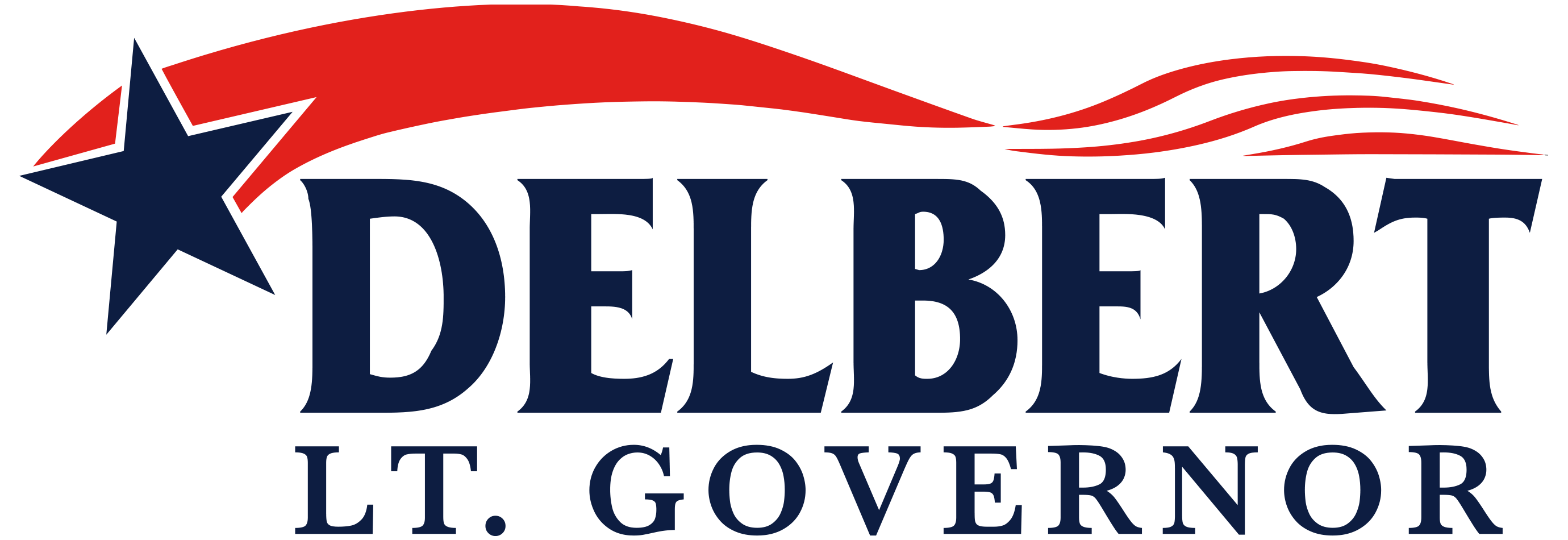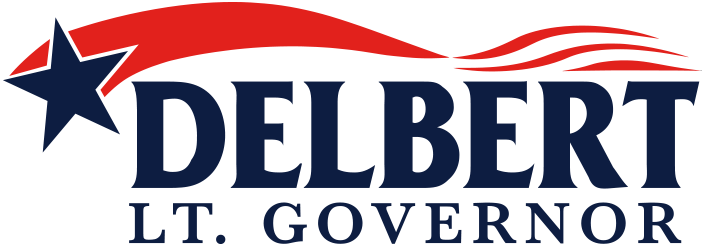Starkville, Miss. (Commercial Dispatch) –
Mississippi Secretary of State Delbert Hosemann sees an educated workforce as the key to a strong economic future for the state.
Hosemann, speaking to the Starkville Rotary Club on Monday, said that doesn’t necessarily mean a four-year college degree for everyone. He said emphasizing job paths available through career tech centers is also going to be a very important part of bolstering Mississippi’s workforce for the future.
To make the point, he referenced a February meeting in Columbus at the Lowndes County School District career tech center. At that meeting, he said, some area businesses, especially those in the construction field, pointed out that they have jobs ready for trained workers, but applicants are few and far between.
“Taking that silo, where we have a university, junior college, a high school, all of that needs to be towards one goal and that one goal would be to have an educated workforce,” he said. “And about 60-70 percent of that educated workforce will not have a college degree. That’s critical — I want you to have that college degree if that’s what you want to do. If you want to work with your hands and be a plumber, you can come to Jackson in the winter and make a million dollars.”
Hosemann said businesses back him up. In a November survey his office conducted of about 1,500 businesses, about 30 percent of limited liability companies and 35 percent of corporations responded that an educated workforce is the most important aspect for their business, higher percentages than for any other factors the survey asked about, such as communication skills, financial resources and community support.
However, in a May survey that drew responses from about 3,500 businesses, about 70 percent of LLCs and corporations that responded said they were not interested in partnering with educational entities at all levels to help grow the workforce.
Still, Hosemann said he saw a bright side in the responses because about 400 businesses said they would be interested in forming those partnerships. He said those businesses getting involved can help change attitudes around the state and encourage other businesses to get more involved in education.
“Four hundred businesses contacted us who want to get involved with their local schools,” he said. “That’s the way you move the needle. We intend to continue to do that.”
Hosemann said the way toward improving Mississippi’s workforce must include exposing students to different career paths earlier in their educations. That will play a key role, he said, in helping to expand Mississippi’s workforce.
The state’s unemployment rate is low, he said, but Mississippi still has room to grow for improving overall workforce participation.
The unemployment rate measures only those adults who are looking for work.
“The most significant number that we have in Mississippi is not what our percentage unemployment is,” he said. “It is workforce participation. We are at 55 percent between 18 and 64 (years old). That number is one of the lowest in the country.
“If there were 65 percent working, we could build bridges everywhere,” he continued. “We could have schools everywhere. We’d have plenty of money to go around. We’d have another 100,000 or 200,000 people working in Mississippi.”
Elections
Hosemann also reminded Rotarians to vote in Tuesday’s runoff election. The state saw dismally low turnout in the June 5 U.S. House of Representatives and Senate elections. Tuesday, the state will vote in a Democratic runoff between David Baria and Howard Sherman. U.S. House of Representatives District 3, which includes Oktibbeha County, will have a Republican runoff between Michael Guest and Whit Hughes.
Hosemann said he doesn’t expect turnout to be much better than the initial election, which barely cracked 10 percent.
“If any of you vote, and I hope every one of you does, you’re going to vote for nine other people,” he said. “Only about 10 percent are going to show up for (District 3 House of Representatives) here, and United States Senate here.”
Speculation has swirled about whether Hosemann will seek the governor or lieutenant governor’s seat in next year’s gubernatorial election. When asked by The Dispatch, he remained coy about exactly what his plans are but said he will not seek another term as secretary of state.
He said he feels like he’s accomplished what he set out to do for the office, with voter ID, modernizing the department and improving its business outreach. He said changes to absentee voting, which he has pushed for several years, are anticipated to be a major discussion for next year’s legislative session.
“You hired me to do that and I did that and I think it’s time for somebody else and maybe they’ve got a better idea on how to do something,” he said. “I won’t be running for secretary of state again.”

